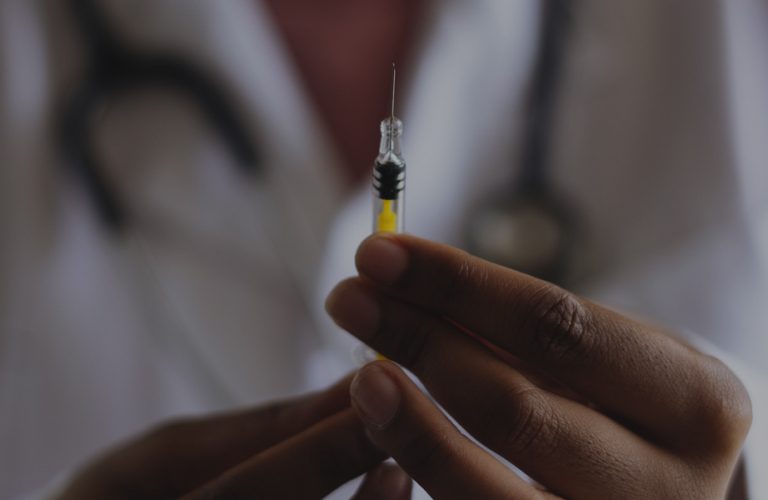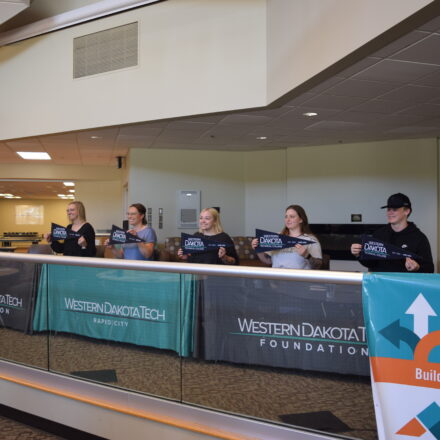
COVID-19 vaccines are safe and effective.
The most up-to-date information on COVID-19 vaccinations and boosters can be found on the CDC website.
Monument Health offers COVID-19 vaccinations. To schedule an appointment, call your primary care provider.


